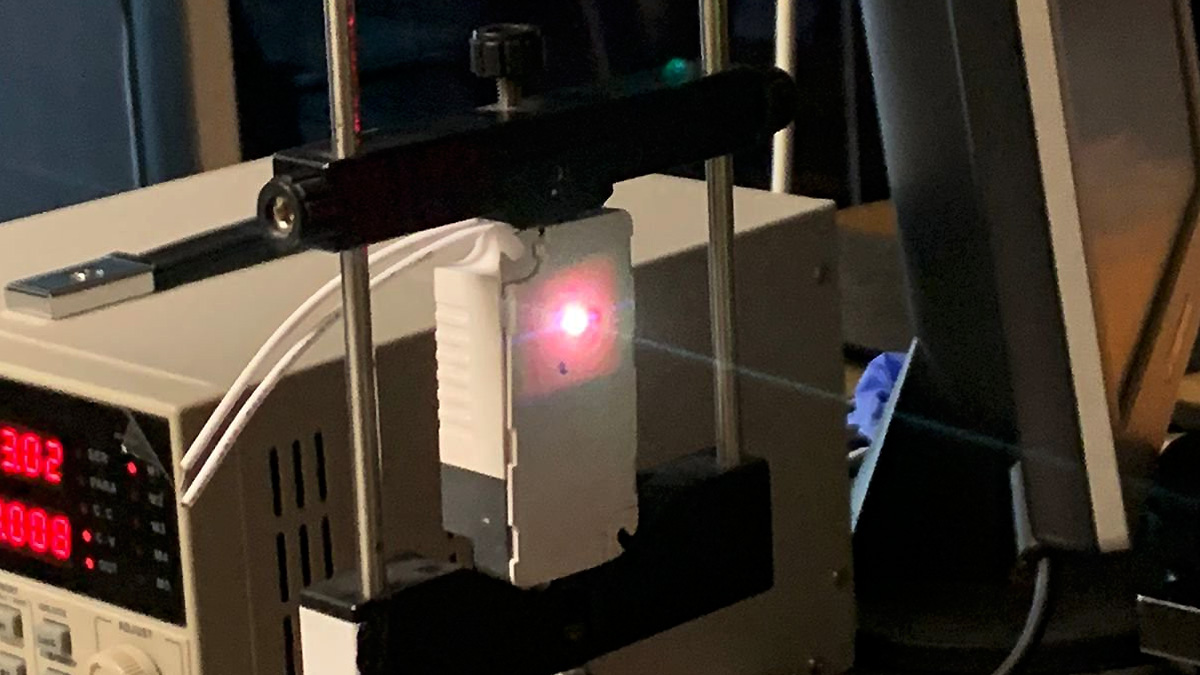
Consumers who crossed battery electric vehicles off their lists because of price, may think about flipping their pencils around and erasing that strike-through. Two industry reports show prices to buy or lease new and used EVs are coming down and are likely retain that trajectory. The news is just as promising for those still not ready to make the full EV jump from gas-powered vehicles with the price for hybrids reaching near parity with internal combustion vehicles as their popularity increases.
New and used EVs more affordable The average list price for new electric vehicles in October was $61,600, down 1.7% year-over-year, according to a report by auto research and buying site CarGurus.com.
Along with lower prices, consumers searching the site for EVs had more choices than a year ago with 44.1% more vehicles listed. Discounting by the automakers hoping to accelerating the pace of EV adoption is part of the explanation for the lower prices.
“Then we're also seeing an influx of newer models,” said the report’s author, Kevin Roberts, director of economic and market intelligence at CarGurus, in an interview. “GM in particular, has been putting out a lot of different EV models in the marketplace that have lower MSRPs, and so as those models start to come into the inventory, it's going to help to kind of lower that overall average price.” On the used side, the news is just as promising for EV buyers on a budget.
Used EV prices dropped 9.1% last month sparking a 37% increase in demand, according to the Cars.com’s October Industry Insights report released Tuesday.
“With significant depreciation on premium EVs like the Mercedes-EQ models, high-end EVs are becoming more accessible, making the used-EV market an increasingly viable alternative for consumers looking to enter the EV space affordably,” the report noted. The CarGurus report showed an even steeper price drop for used EVs with the average list price in October at $37,500, 10.5% lower than a year ago, with 37.
5% more listings on the CarGurus website. Roberts attributes that trend in part to growth in EV inventories. “We're starting to see a wider range of price points come in on the used side,” noted Roberts.
“We're starting from a really small base. We've got decades of internal combustion engine vehicles. We've got decades of hybrids at this point.
Now, EVs are really a kind of a mainstream vehicle, but have only been out for a couple years at this point. So as that continues to grow, we're seeing more price points come in, which is helping to lower things down .” EV leasing takes off The volume of EV leases soared 355% through 2023 and was up 88% this past September, according to the J.
D. Power E-Vision Intelligence Report released last week. That means next year’s leasing volume for EVs is expected to dip but then rebound 230% in 2026, according to the report.
Here’s where it gets interesting. When you take into consideration the combination of manufacturer and dealer incentives and higher inventories, J.D.
Power surmises “the steady decline in EV prices has created a scenario where lease buyouts, which had been a popular option for the past few years during supply constraints, no longer make economic sense.” How so? J.D.
Power uses the example of a compact electric SUV to illustrate the point, where the average lessee returning the vehicle is paying $533 a month. But the SUV’s average residual value at the end of the lease stands at $29,645 which is higher than the $25,000 threshold for a used EV tax credit. What that means for the average returning lessee is , it would cost $477 per month to buyout the lease, while the average lease payment on new vehicles in the same category is just $457 per month, according to the report.
Near parity pricing for hybrids For those who either have no interest in an EV or are tentative about making the full jump to a battery-powered car or truck, but still want to reduce harmful emissions, hybrids have become a popular choice. They’re getting a price break too, in fact, they now cost about the same as an ICE vehicle according to the CarGurus report. The average list price for a new hybrid in October was $47,900, just a hundred bucks higher than a gas-powered car or truck, according to the report.
The trend isn’t quite as dramatic on the used side where, at an average list price at $34,300 a hybrid cost almost as much as a pre-owned EV which averaged at $37,500. The average list price for a used internal combusting engine vehicle last month was $27,200. “When it comes to hybrids, we're obviously skewing the vehicle portfolio much more towards lower priced vehicles, particularly sedans that tend to feature hybrids,” noted Roberts.
“I think that's really helping to kind of moderate those overall prices down.” Not all hybrids are equal, Roberts points out, with conventional hybrids proving more popular than plug-in hybrids which can operate solely on battery power for short distances. Either way, Roberts believes there’s a real desire in the marketplace to go full-EV or hybrid, if the price is right.
“The U.S. consumer does want better fuel economy or lower emissions and wants to save money,” said Roberts.
“It's a year of affordability in my mind.”.














